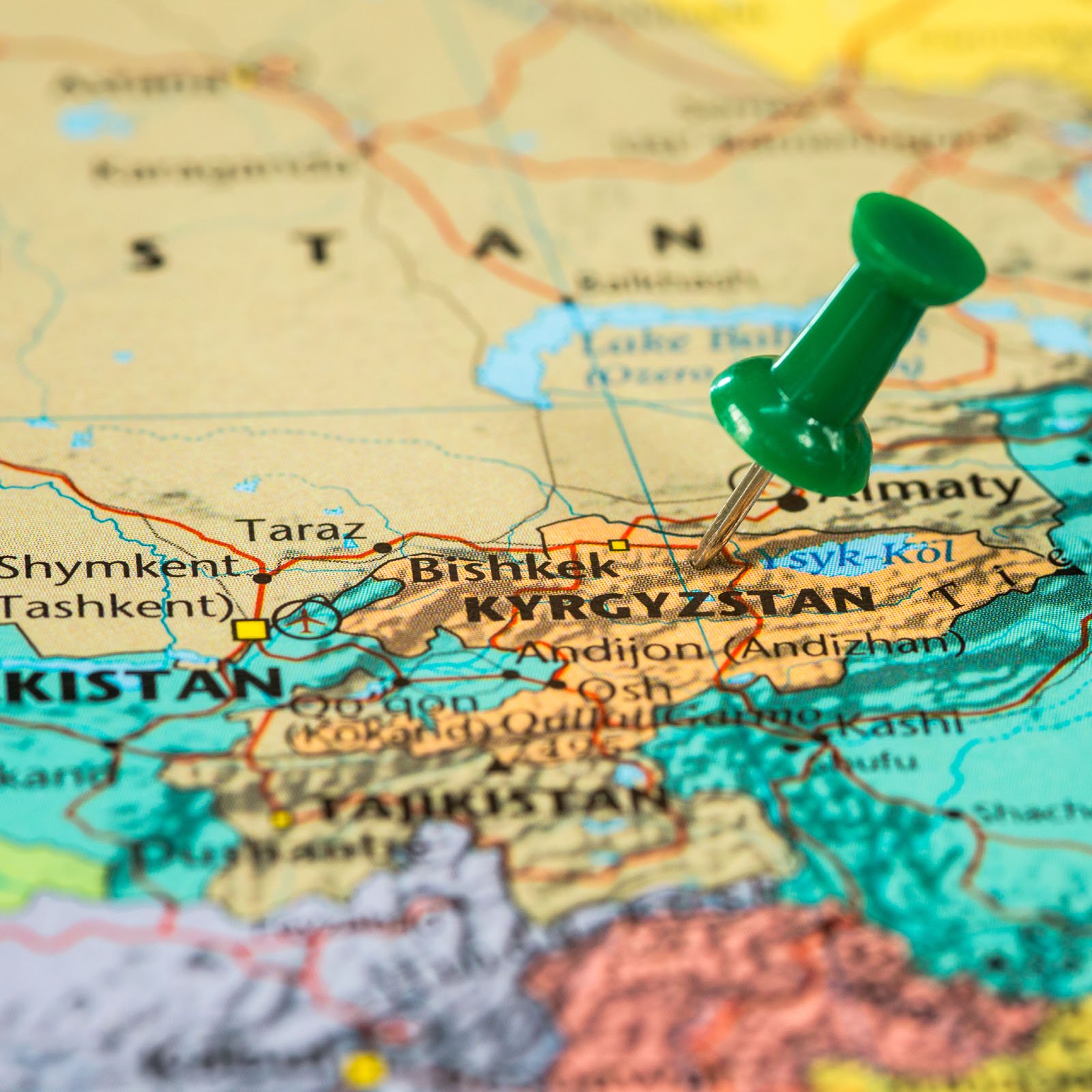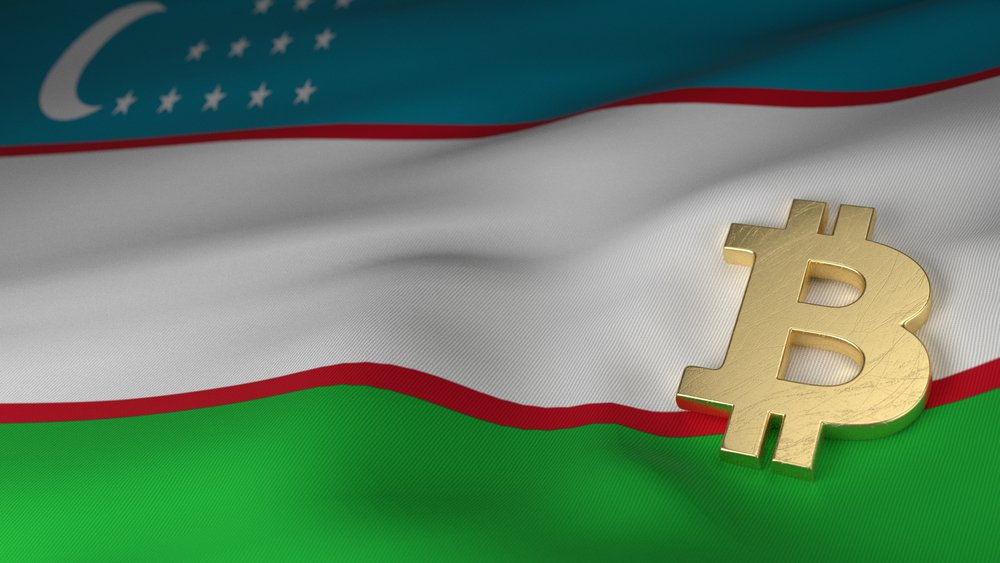
Several Central Asian countries have taken steps to embrace cryptos one way or another. Kazakhstan, Kyrgyzstan, and Uzbekistan are some of the less conspicuous former Soviet republics, but now they are starting to appear on the crypto radar. With certain inherent advantages and some clever new policies, they try to attract investors and integrate into the global cryptocurrency ecosphere.
Also read: Another Post-Soviet Jurisdiction Welcomes Crypto Miners
Cryptos Spent for the Common Good
Kyrgyzstan, which borders some of China’s mining regions, wants to use cryptos in public contracts. Prime Minister Sapar Isakov made the announcement during an economic forum in Almaty, the financial capital of neighboring Kazakhstan. “The digital agenda in the era of globalization” gathered government officials from the Commonwealth of Independent States (CIS) and the Eurasian Economic Commission (EEC), Sputnik reported.

According to Mr. Isakov, Kyrgyzstan will introduce crypto payments in projects financed by the government, as part of a program that should bring digital transformation to the country. “Taza Koom” is intended to build an open and transparent state, increase living standards and improve business environment. Through its implementation the country intends to take advantage of “emerging technological goods and services”.
Kyrgyzstani authorities plan to spend cryptos on an array of projects – from a program to improve access to government services, to a campaign to install traffic cameras for safer roads. They claim the goal is to build a “tidy and transparent society” and the Premier says:
Using cryptocurrencies will reduce corruption. We’ll be able to optimize government spending and increase budget receipts. We want to be a digital society!
Global, Democratic, and Transparent

Kazakhstan, where Isakov arrived on a working visit, also wants to be part of the crypto progress. The president of the Central Asian republic Nursultan Nazarbaev said he was interested in launching “a cryptocurrency, which is global in nature”. It will be called G-Global and will be “democratic and transparent”. The coin will be backed by assets, not just trust, he added, quoted by Bitsmedia. Those were not specified, although Kazakhstan is rich with natural resources. At the 10th Astana International Forum Nazarbaev also said:
G-Global will be a good step to free the world of monetary wars and black marketing. It will also reduce volatility.
Actively involved in the development of the new crypto is the G-Global Business Portal – a platform that unites experts from around the world working to digitize enterprises in the real sector.
Cheap Mining Also Offered
Another country from the Central Asian neighborhood, Uzbekistan, placed third in a recent study of cryptocurrency mining expenses. According to the International Business Times, it costs $1,790 to mine a single bitcoin there. Venezuela ($531) and Trinidad and Tobago ($1,190) are leading the chart. Kazakhstan is not too far behind with $2,835 per bitcoin (Kyrgyzstan was not included in the survey).

Data about the electricity rates was collected from government sources, utility companies and the International Energy Agency. The average power consumption from three mining rigs – Antminer S7, Antminer S9, and Avalon 6 – was taken into account.
In general, countries in Asia and Eastern Europe offer the cheapest crypto mining. Generating 1 BTC in Ukraine should cost $1,852, and in Belarus – $2,177. It turns out that mining in China is more expensive – $3,172, India is very close with $3,274, and in Russia miners have to spend $4,675 USD per coin on average.
Do you think that Central Asian countries are serious about adopting cryptocurrencies? Tell us in the comments section below.
Images courtesy of Shutterstock.
Express yourself freely at Bitcoin.com’s user forums. We don’t censor on political grounds. Check forum.Bitcoin.com.
The post Kazakhstan, Kyrgyzstan, and Uzbekistan on the Crypto Radar appeared first on Bitcoin News.
Powered by WPeMatico
